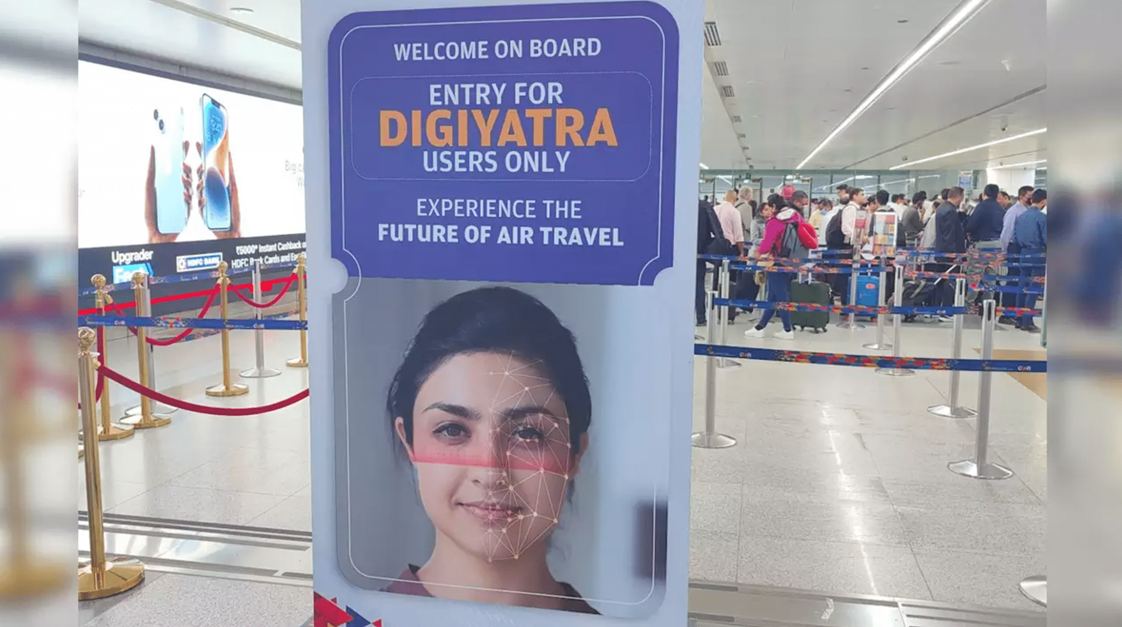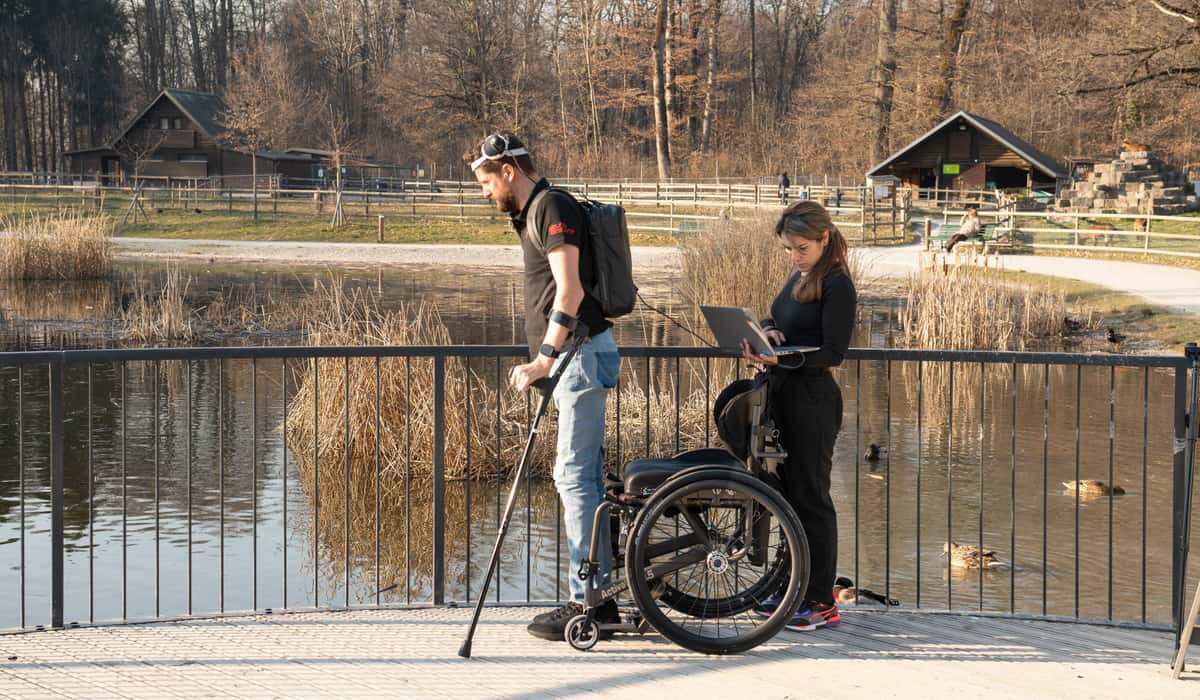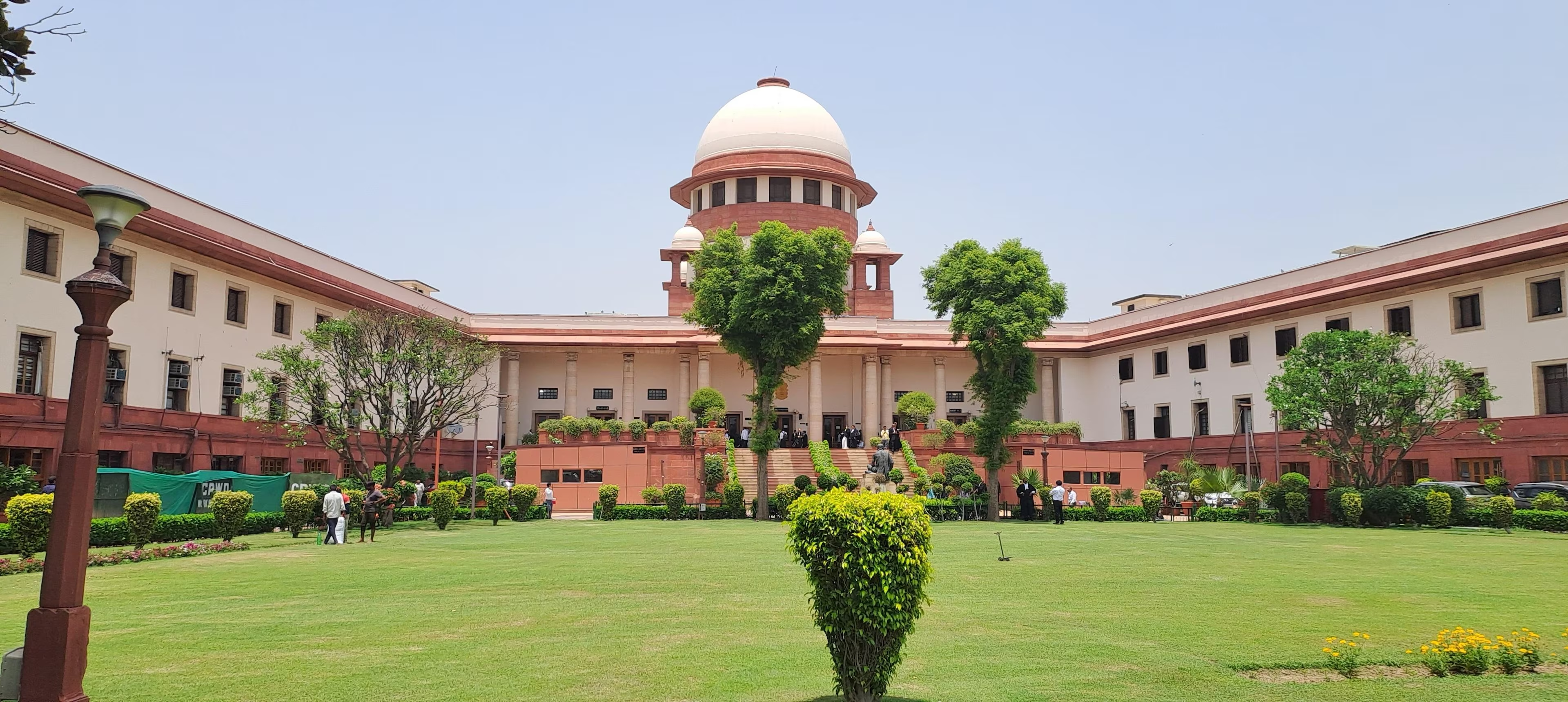- Courses
- GS Full Course 1 Year
- GS Full Course 2 Year
- GS Full Course 3 Year
- GS Full Course Till Selection
- CSAT
- 5 LAYERED ARJUNA Mentorship
- Public Administration Optional
- Online Program
- GS Recorded Course
- NCERT (Recorded 500+ Hours)
- Polity Recorded Course
- Geography Recorded Course
- Economy Recorded Course
- AMAC Recorded Course
- Modern India, Post Independence & World History
- Environment Recoded Course
- Governance Recoded Course
- Science & Tech. Recoded Course
- International Relations and Internal Security Recorded Course
- Disaster Management Module Course
- Ethics Recoded Course
- Essay Recoded Course
- Current Affairs Recoded Course
- ABOUT US
- OUR TOPPERS
- TEST SERIES
- FREE STUDY MATERIAL
- VIDEOS
- CONTACT US
Digi Yatra could be expanded to hotels, rail travel and public places
Digi Yatra could be expanded to hotels, rail travel and public places

Digi Yatra, a facial-recognition technology-based check-in service at airports, could be implemented at hotels and public places such as historical monuments.
Key Points
- Digi Yatra could be expanded to hotels, rail travel, and public places.
- The initiative aims to create a travel stack for seamless movement across India.
- Digi Yatra ID doesn't carry any personally identifiable information, preventing data leakage.
- The initiative could enhance the travel experience for tourists who have to produce a passport for check-in at a hotel and at police stations for verification.
Background:
- Digi Yatra is a digital processing of air travellers that uses their biometrics, such as facial scans, instead of boarding passes to enable paperless movement through various checkpoints at an airport.
- The initiative was rolled out at airports in December 2022 and currently covers 14 airports, with plans to include 15 more airports by the end of 2024.
What is Digi Yatra?
- Digi Yatra is an initiative that aims to improve passenger throughput at airports by using biometrics such as facial scans instead of boarding passes.
- The initiative uses a digital ID that doesn't carry any personally identifiable information, preventing data leakage.
|
Launch Date: Digi Yatra was first launched on December 1, 2022, in its first phase at three airports: Delhi, Bengaluru, and Varanasi. Expansion: As of August 2023, Digi Yatra is available at 13 airports across India:
User Base: In June 2023, Digi Yatra achieved a significant milestone of reaching one million users. Technology: Digi Yatra primarily utilises facial recognition technology (FRT) as the biometric identifier for passengers. It also supports QR code/barcode scanning for those who haven't registered for facial recognition. Privacy and Security: Digi Yatra follows a decentralised mobile-based architecture, meaning passenger data is not stored centrally but on their own devices. This helps in ensuring data privacy and security. Government Initiative: Digi Yatra is an industry-led initiative coordinated by the Ministry of Civil Aviation in India. International Recognition: Digi Yatra has gained international recognition for its innovative approach to simplifying air travel using biometrics. |
How Digi Yatra Works
- Digi Yatra uses facial-recognition technology to enable paperless movement through various checkpoints at an airport.
- The initiative uses a digital ID that doesn't carry any personally identifiable information, preventing data leakage.
- The Digi Yatra Central Ecosystem only saves a value or a numerical value that identifies the content of the file, so that none of the four data items shared by passengers at the time of registering on the app (name, Aadhaar, face scan, and passport number) can be leaked anywhere in the system.
Benefits
- Digi Yatra could prevent data leakage as people often tend to share unencrypted forms of identity documents through photocopies and screenshots.
- The initiative could aid seamless movement across India, enhancing the travel experience for tourists.
Challenges
- Privacy concerns have been raised over the initiative's policy document, including access to data for third-party vendors and the circumstances under which its mandatory data purge within 24 hours can be set aside.
- Concerns have been raised over lack of consent from users at airports where enrollments are being carried out on the day of travel.
Solution
- The CEO of Digi Yatra Foundation has said that they will soon be releasing a revised policy document to address language issues that have raised concerns over possible misuse.
- The foundation is in conversation with airports to ensure their staff is adequately sensitised to obtain consent from users.
Way Forward
- The initiative is expected to be expanded to more airports, with 15 more airports to be included by the end of 2024.
- Discussions are ongoing with various government agencies, including the Ministry of Tourism and the Ministry of Railways, to implement Digi Yatra at hotels and public places.
Conclusion
Digi Yatra has the potential to enhance the travel experience for tourists and prevent data leakage. However, concerns over privacy and consent need to be addressed to ensure the initiative's success.
Must Check: Best IAS Coaching In Delhi



